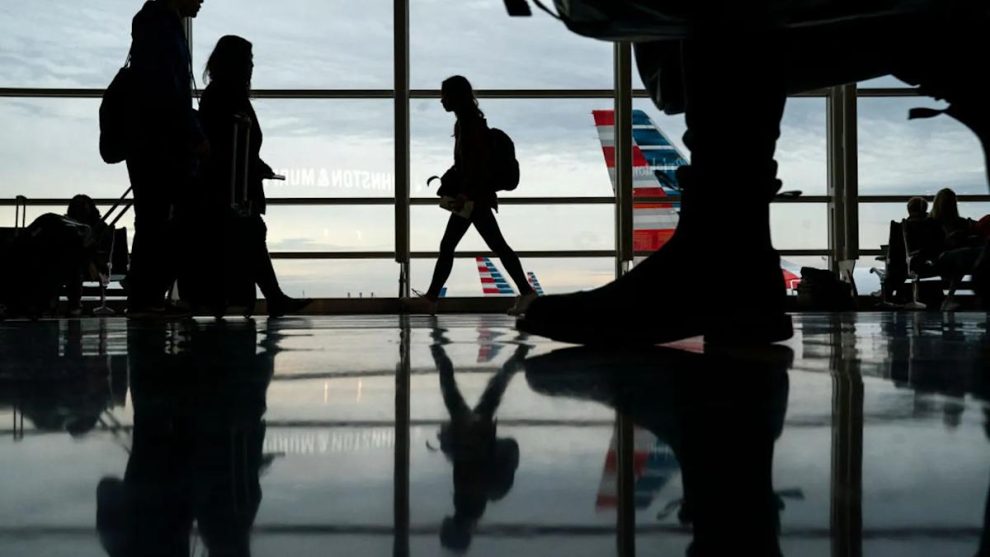This story was originally published on Payments Dive. To receive daily news and insights, subscribe to our free daily Payments Dive newsletter.
-
Mastercard reported last week that cross-border payments volume growth slowed for the first quarter, with that business emerging as a potential pain point for the card network. Analysts who follow the company attributed the slowdown in growth to reduced travel in regions like the Middle East and Africa.
-
In addition, warning signs lurk on the horizon in the form of President Donald Trump’s trade war, which has sparked economic uncertainty and could result in less spending in discretionary sectors like travel, those analysts said.
-
“It’s not universal, it’s in certain corridors, but we have some modest shifts in travel patterns,” Bank of America analyst Jason Kupferberg said in an interview.
Purchase, New York-based Mastercard’s first-quarter cross-border payment volume growth decelerated to 15% growth, from 19% for the first quarter of 2024. Those figures include international travel and e-commerce orders between countries.
About 37% of Mastercard’s total revenue comes from cross-border travel and international online orders, estimated Raymond James analyst John Davis. That figure is roughly 36% for Visa, Davis said, suggesting the larger rival card network is also vulnerable to a slowdown in global travel and international e-commerce.
“The fees [credit card networks] charge on cross-border volumes are multiples of what they charge for domestic transactions,” Morningstar analyst Brett Horn said in an interview. “It’s a small piece of the overall payments world, but it’s a very big piece of their revenue.”
Travel and e-commerce purchases are also largely discretionary and could slide in the event of an economic downturn, Horn said, although he stressed that the recent softness in Mastercard’s cross-border payment growth could simply mark a return to normal, after travel and e-commerce surged in the years following the COVID-19 pandemic.
How big of an impact economic uncertainty will have on travel and international orders remains to be seen, KBW analyst Sanjay Sakhrani said in an interview. But he stressed that consumer spending and job growth proved resilient in recent months.
“When you look at the spending trends thus far, they’ve held up pretty well, and it’s not very different at Mastercard,” he said.
Mastercard also benefits from the diversity of its business, Kupferberg said. “They operate across the whole spectrum of consumers from an income perspective, and merchants across any and all verticals.”





Add Comment